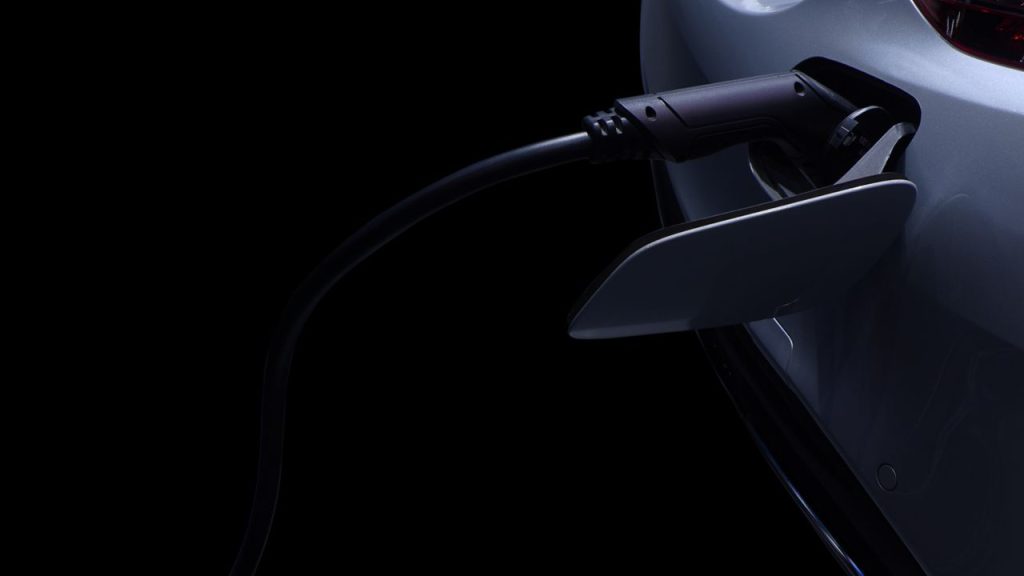Electric Car Leasing vs. Buying: Exploring Long-Term Costs and Leasing Benefits
Electric cars have gained immense popularity in recent years, thanks to their eco-friendly nature and the increasing availability of charging infrastructure. As more and more people consider making the switch to electric vehicles, the question of whether to lease or buy an electric car arises. In this article, we will delve into the long-term costs associated with electric car leasing, the lease return process, and the various benefits of leasing an electric vehicle.
Long-Term Costs of Electric Car Leasing
When it comes to long-term costs, leasing an electric car can be a more affordable option compared to buying. The monthly lease payments for electric vehicles are generally lower than loan payments for purchasing a car. Additionally, electric cars often require less maintenance and have lower operating costs due to fewer moving parts and no need for oil changes. This can result in significant savings over the course of a lease term.
Furthermore, electric car technology is rapidly evolving, and new models with improved range and features are being introduced regularly. Leasing allows you to stay up-to-date with the latest advancements in electric vehicle technology. At the end of your lease term, you can simply return the car and lease a newer model, ensuring you always have access to the most advanced electric car technology without the hassle of selling or trading in a purchased vehicle.
The Lease Return Process
Returning an electric car at the end of a lease term is generally a straightforward process. Most lease agreements include a predetermined mileage limit, typically ranging from 10,000 to 15,000 miles per year. If you exceed the mileage limit, you may incur additional charges. However, some lease agreements offer the option to purchase additional mileage upfront at a discounted rate.
When returning the leased electric car, it is important to ensure that the vehicle is in good condition, as excessive wear and tear may result in additional charges. Regular maintenance and servicing during the lease term can help avoid any surprises during the return process. It is also crucial to thoroughly clean the car, both inside and out, to ensure it meets the lease return requirements.
Benefits of Electric Car Leasing
Leasing an electric car comes with several benefits that make it an attractive option for many. Firstly, leasing allows you to drive a new electric vehicle without the hefty upfront cost associated with purchasing. This makes electric cars more accessible to a wider range of consumers.
Additionally, leasing provides flexibility. If your lifestyle or transportation needs change, you can easily switch to a different model or even a different type of vehicle at the end of your lease term. This flexibility is particularly beneficial in the rapidly evolving electric car market.
Furthermore, leasing an electric car often includes warranty coverage for the duration of the lease term. This means that any unexpected repairs or issues that arise during the lease period are typically covered by the manufacturer’s warranty, providing peace of mind and potentially saving you money on repairs.
In conclusion, electric car leasing offers numerous advantages over buying, including lower long-term costs, the flexibility to upgrade to newer models, and warranty coverage. However, it is essential to carefully consider your individual circumstances and preferences before making a decision. Whether you choose to lease or buy, embracing electric vehicles is a step towards a greener and more sustainable future.


